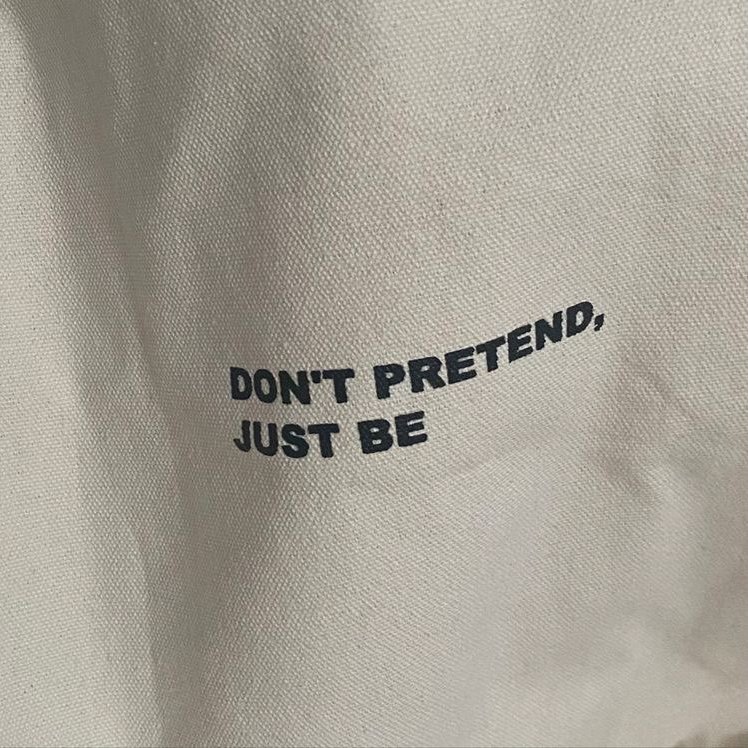备用音频 Backup Audio
若上方Spotify插件无法加载,可用下方音频条进行播放。If the Spotify plugin above fails to load, you can use the audio player below to play the content.
While browsing Weibo, I came across a blog post about Xin Zhi Lei. My recent awareness of her stems from her winning the Best Actress award at the Venice Film Festival. The article detailed her experiences before fame. For three or four years, she couldn’t land any roles, so she channeled her energy elsewhere, telling herself she didn’t need to compete. As a result, her audition success rate dropped even further. Later, a friend offered her some insight. She pointed out that Xin wasn’t truly without ambition or desire—she was deceiving herself, making excuses.
When I was young, my mother often taught me to be humble. If someone else wanted something, I shouldn’t say I wanted it too, even if they were older than me. Her original intention was that avoiding conflict and striving for peaceful coexistence would make others happy and benefit me as well. To me, the humility my mother taught wasn’t just Confucian-style self-sacrifice; it was self-suppression. Others were happy, but I wasn’t. Yet I’ve always been a rebellious soul. If you tell me not to do something that makes me uncomfortable, I feel you’re wrong, and I’ll deliberately do it—or do the opposite. Even so, I still felt influenced by the idea that I shouldn’t express my own desires. It mostly depends on whether someone is giving me orders. If not, my rebellious streak doesn’t activate. Then I become that unassuming “good person” who avoids conflict. When faced with something I want, I tell myself, “You don’t really want it that much. Forget it. Someone else wants it more. If I say I want it too, won’t they be upset?”
The article then shares the blogger’s reflections on this. She uses two examples: writing novels and making money. She admits that when writing fiction, she fears readers will criticize her characters, so she overanalyzes every detail beforehand to avoid all risks. It’s not that she can’t write—it’s that her creative nerves are paralyzed by fear. The same applies to making money: she hesitates to start a media platform for fear of others finding out, and she avoids business ventures because she dreads losses or not getting the return she deserves. So she simply stops trying.
I experience similar thoughts when building my personal platform, creating websites, producing videos, or writing articles. I don’t want relatives and friends to see my work, I dread negative online feedback, and I fear pouring thousands of words into something only to receive sparse responses. Facing this internal struggle, I tell myself, “Well, it probably won’t succeed anyway. Let’s move on to the next goal—I wasn’t really committed to this one anyway.”
This mindset mirrors what many of us think: action might lead to failure, so why not avoid action altogether? Without action, there’s no outcome—and failure naturally stays away. But so does potential success. When we see others succeed, we can rationalize: “I had that idea too, long ago, but never acted on it,” or “I did start, but it wasn’t my lack of ability—I just lost motivation and didn’t stick with it.”
We chase perfection without realizing completion trumps perfection. Only by taking that first step can we later refine it to perfection. As the academic world often says, the best thesis is the one that gets finished. We fear others’ judgment, but what we dread most is the gaze we cast upon ourselves—seeing the gap between our ideal self and our reality. We fear how we’ll view ourselves when we can’t succeed yet, when we face rejection and criticism. Moreover, we fear our desires might upset others or disrupt the peace in our relationships. So we hesitate, numbing ourselves with things we don’t truly want to avoid taking decisive action or facing competition. We aren’t honest with ourselves, nor do we persist in pursuing what we truly desire.
If someone tells you to give up what you want, you might resist—just like I did with my mom when I was little. But when no one is ordering you around, will you still be honest with yourself? Or have you learned to numb yourself too?
Two lines from the blogger’s article resonated deeply: “Don’t fear the clumsiness of awareness. The posture of climbing upward is inherently awkward. Overconcern with appearances is dishonesty to oneself. Sacrificing your desires for others’ opinions is self-betrayal.” “Purity and sincerity may be qualities closer to success than worldliness and pragmatism.” A comment added: “The weak admire strength, while the strong admire truth.”
I believe we often overestimate our abilities at the outset of a task, yet underestimate the progress we can achieve through deliberate practice over time. Growth is inherently clumsy; your advancement follows a spiral trajectory rather than a smooth, straight line upward. It should be a winding path that ultimately ascends. As you navigate these twists and turns, awkward moments are inevitable. The gaze of others may spark internal drama, but remember: you’re always moving forward. Your trajectory remains upward. “Sincerity” and “persistence” aren’t about maintaining a polished facade—they’re about allowing yourself to stumble time and again, yet continuing onward. Just like those video creators you admire—their early works were almost invariably raw and clumsy, yet this didn’t prevent them from eventually growing into towering trees. You might say luck hasn’t favored you, but remember: only when you dare to step onto the path you desire and persistently walk it will luck have a chance to cross your path.
Be honest with yourself first. If you want it, don’t pretend you don’t. If you desire it, don’t abandon what you want.


Leave a Reply